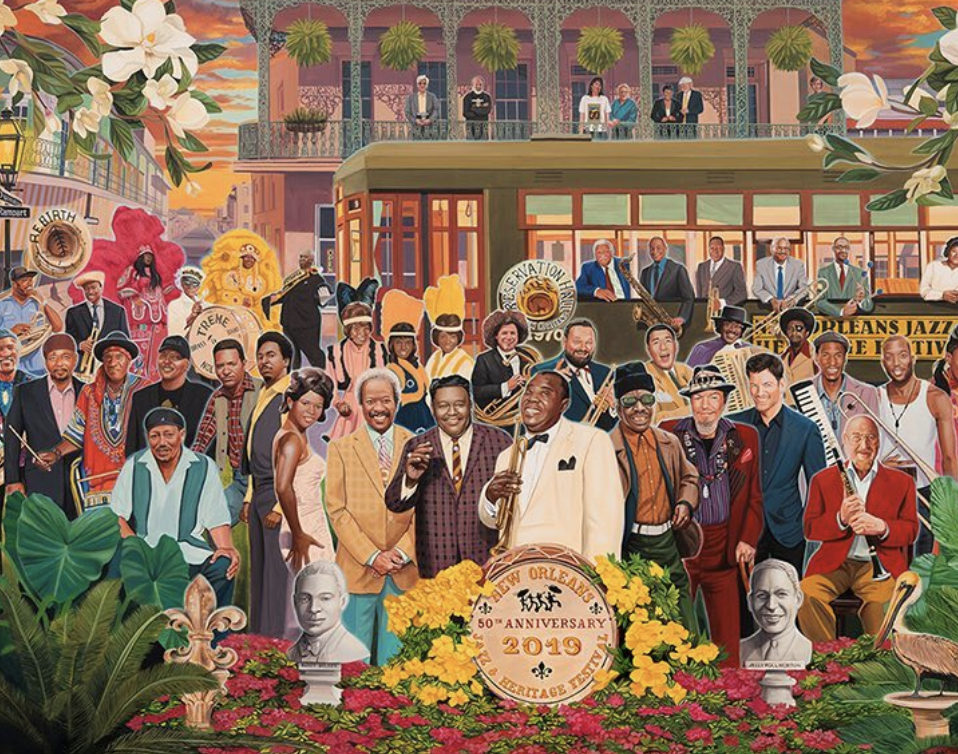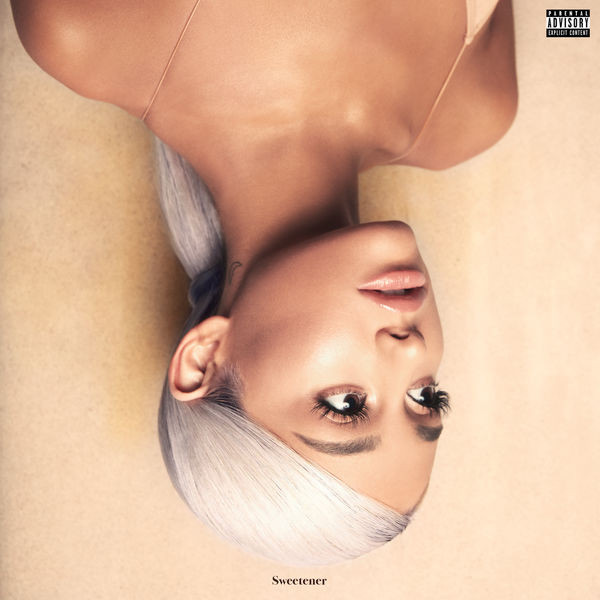Viewpoint: Yale Rape Trial Shows We Still Have A Long Way to Go
They asked her what she was wearing. They asked her if she had been drinking. They asked her if she had been flirting with him.
Simply put, defense attorneys asked a Yale University student who brought a rape complaint against her classmate all the generic victim-blaming questions we are sadly too used to hearing.
The trial, which resulted in a not-guilty verdict this Wednesday, lasted several days in which the woman described an alleged rape by the accused student, Saifullah Khan, 25, on Halloween night 2015, according to the New York Times.

The Times also reported that Khan’s lawyers repeatedly tried to discredit the woman’s credibility and even character, asking her how much she had to drink, why she wasn’t dressed more modestly for Halloween and she could remember certain events from the assault but not all the events.
Laura Palumbo, a spokeswoman for the National Sexual Violence Resource Center, called the defense’s line of questioning “all victims’ worst fears in coming forward.”
“It is very intentionally working to trigger victim-blaming and stereotypes and misconceptions about sexual assault,” she said to the New York Times. “You must be interested in sexual behavior just based on how you’re dressed and drinking.”
The lawyer of Khan, Norman Pattis, went on to call the #MeToo movement “mass hysteria”, and said “sex” happened on college campuses regarding the trial.
“If you dress in a sexually provocative manner, don’t be surprised if someone becomes provoked. Does that justify rape? No. Was that one of the factors that led Mr. Khan to believe she might be willing to explore intimacy? Yes,” Pattis told TIME. “It was directly relevant, and to suggest otherwise is criminally naive, if not stupid.”
“If you flirt with somebody, you have a little bit too much to drink, you invite him back to your room, and you’re wearing provocative clothing, don’t be surprised if the individual looking at you is going to be provoked,” he added. “People need to take responsibility for the signals they send. All this outrage about the questions I asked is really ridiculous. You don’t get a free pass just because you claim to be a victim.”
The trial comes as a significant pushback during the #MeToo era. Criminal proceedings should not be focusing on text messages and women’s outfits, yet they tend to do that a lot.
“It also shows a huge discrepancy between the way that we teach students on campus about consent, and the way that courts and antiquated laws look at sexual violence and consent,” said Jess Davidson, interim executive director of the group End Rape on Campus to TIME. “This case is every survivor’s worst victim-blaming nightmare.”




